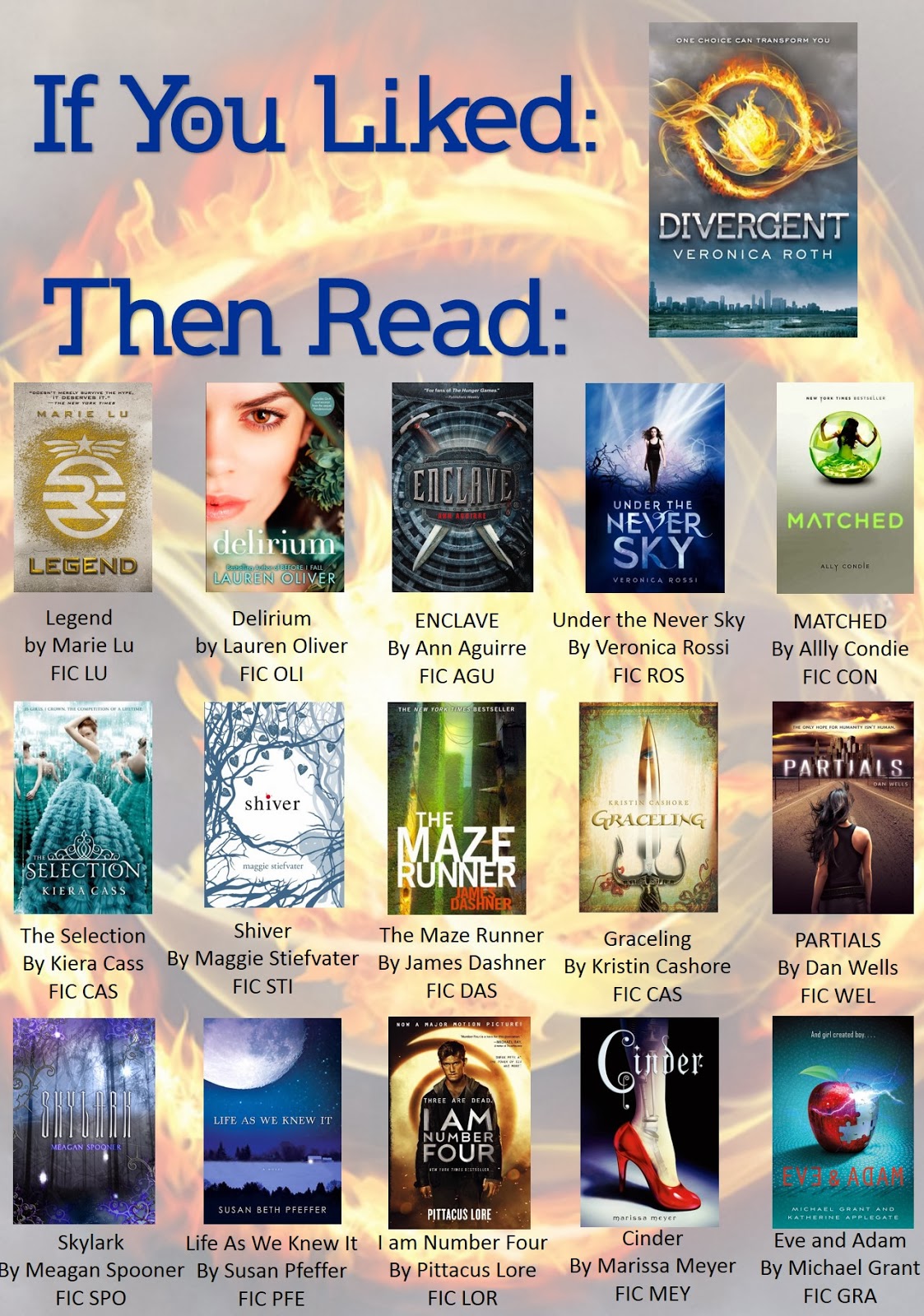
Life is too complicated and messy to fit in our neat little boxes, and those who do not fit the boxes are the ones able to change the system for the good, seems to be the theme of the book. I look forward to how Roth unfolds these ideas in the future books of the series (which, if I hear correctly, will be a trilogy). Selflessness can be inverted into self-destruction. Honesty can become a way to brutalize others. Intelligence can become calculating and manipulative. Every virtue can be inverted into a vice and this is slowly what we see as the story progresses. Much like other stories that separate society into different character or personality traits (think here Rowling's four Hogwarts houses or the three classes in Ann Aguirre's Enclave), Divergent is interested ultimately in their (often painful) reintegration. The characters are interesting and compelling, the story driving and rarely lags. The book is well-written, with solid prose and an emotional and thematic depth that gives the book an extra nudge. And when Divergents disappear without a trace, there's good reason to be worried. These individuals are known as Divergent, because they do not fit in, and Beatrice is increasingly worried she may be among them. But there is a dark secret to this perfect system: many people do not fit perfectly into just one faction or another. Beatrice, always having admired Dauntless, joins their faction and begins her training in the Dauntless guild. On your sixteenth birthday you must choose which faction you will be associated with – and if it is one your family is not a part of, you will probably never see them again. The four others are Candor (the honest), Dauntless (the brave), Amity (the peaceful) and Erudite (the intelligent). Beatrice and her whole family are in Abnegation, which emphasizes selflessness.


Revolving around a young protagonist, Beatrice, on the eve of her sixteenth birthday in a dystopian wasteland future, their civilization of survivors (of what catastrophe we're not told) has divided into five factions, each of which focuses on a different virtue.

Perhaps most surprising of all was how good the book actually was. More surprising was that Divergent is Roth's first book, which she wrote instead of doing homework in college. Not quite of the scope of Suzanne Collins' The Hunger Games, but some sizable movement. Little did I know when I first picked up a copy of Veronica Roth's Divergent that it was quickly becoming a sensation of its own.


 0 kommentar(er)
0 kommentar(er)
